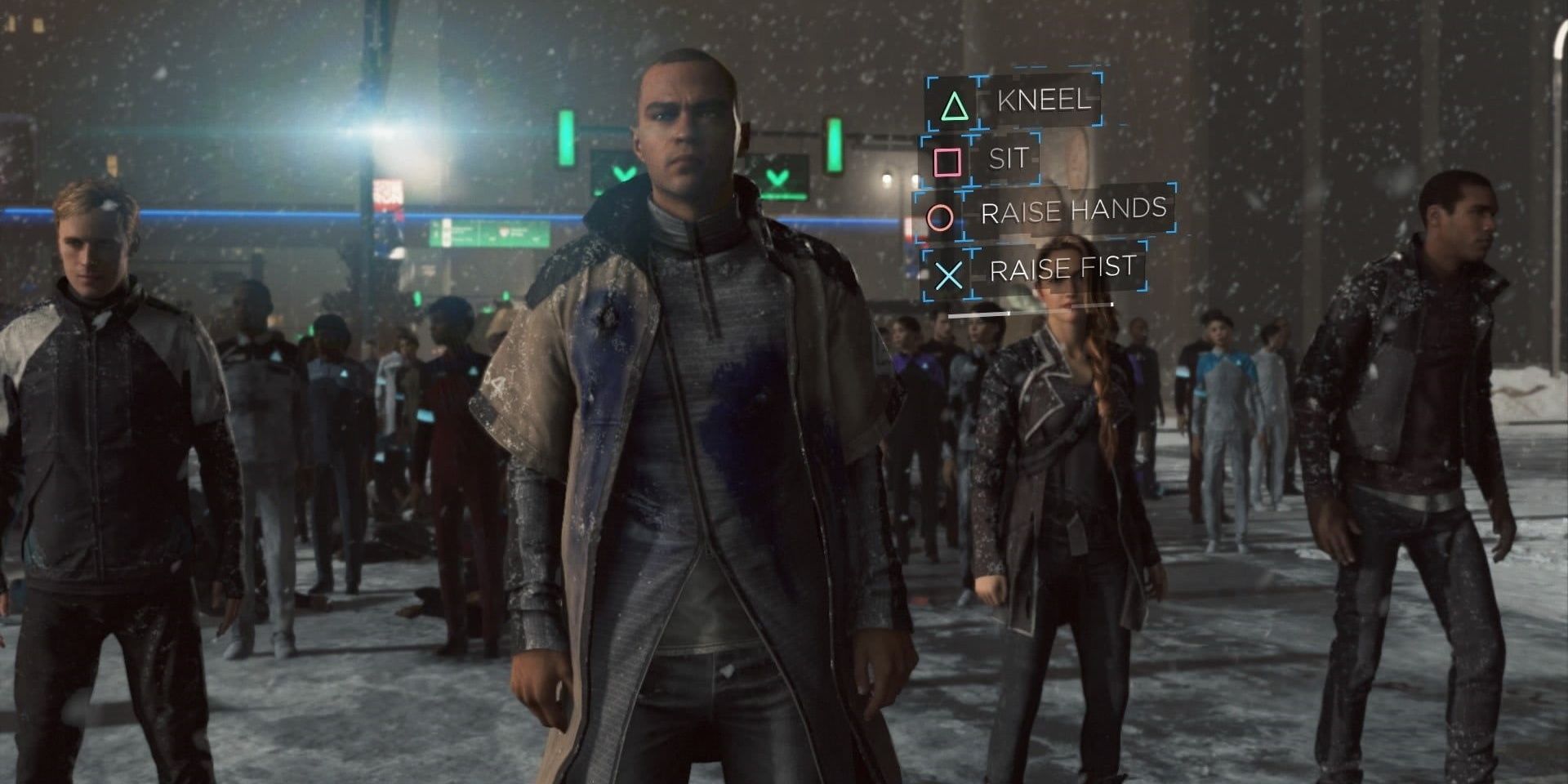
Revolutionary AI Drama: Detroit: Become Human Still Relevant 5 Years On

Quantic Dream's Detroit: Become Human is a flawed masterpiece that still captivates audiences five years after its release With a thought-provoking storyline and well-developed characters, the game continues to stand out in its genre
Quantic Dream is a game developer that defies convention by delivering games that are not only unique but also have the power to exceed expectations. Their games have always been known for their abstract approach, which makes them stand out from the rest. Their first big success was Fahrenheit/Indigo Prophecy, which was a cult classic that used stylish presentation to tell a story about guilt and the paranormal. In 2010, Heavy Rain was released, which had four playable characters, each intertwined with the story to keep gamers guessing on the path to a plethora of endings. Beyond: Two Souls followed that, and in 2018, Detroit: Become Human gave a glimpse into the future of integrated AI and the social inequalities that it could create.
Detroit: Become Human, like its predecessors, has multiple narrative paths that create a story that can be vastly different on a second playthrough. The game's heavy themes and complex topics are explored through the eyes of Kara, Markus, and Connor, each with a unique perspective that provides a suitable angle to explore the game's themes. While the game has been subject to scrutiny and online criticism for its sometimes cheesy dialogue and character interactions, it has the potential to be something profound. As the game reaches its five-year anniversary, this potential is clearer than ever.
Detroit: Become Human's Themes are Poignant and Relevant Five Years On
The world depicted in Detroit: Become Human may not be an accurate representation of 2023, but that's not the point of the game. Instead, it delves into contemporary social issues such as class inequality, prejudice, and the integration of AI into our daily lives. These are all pertinent topics that continue to dominate national headlines. Despite the occasional cheesy dialogue, the game manages to infuse an element of realism into its otherwise science-fiction narrative.
Markus's ambitious nature and Kara's motherly devotion to Alice add depth and diversity to the story. The gameplay mechanics are simple enough to allow for easy switching between protagonists, each of whom is oppressed by humans. The struggles of these characters mirror those of marginalized communities in the past, which lends an emotional weight to the game that cannot be denied. In short, Detroit: Become Human's quality lies in its ability to tackle serious issues with sincerity and sensitivity.
Quantic Dream Sets the Bar for Branching Narratives
Quantic Dream is renowned for their use of story decisions to alter the course of their games, and Detroit: Become Human takes this to a whole new level. Even the smallest changes in decision-making can have a profound impact on the outcome of the game. Whether it's a misstep during passport control or a misjudgment on the rooftop of a high-rise apartment, the consequences can be dire. This means that even after multiple playthroughs, Detroit: Become Human still has the power to surprise and keep players engaged.
While there may be some aspects of the game that are open to criticism, the fact that it offers a high standard of branching paths and explores themes that are particularly relevant in today's world cannot be ignored. It's one of the top games of 2018 and is highly recommended for players seeking a captivating story and compelling characters that offer tremendous replay value. Even after half a decade, Detroit: Become Human is still an experience worth having, and if the abundance of memes surrounding the game serve as an introduction to its AI-infused world, then so be it.
Detroit: Become Human is available now on PC and PS4.

.jpg)






